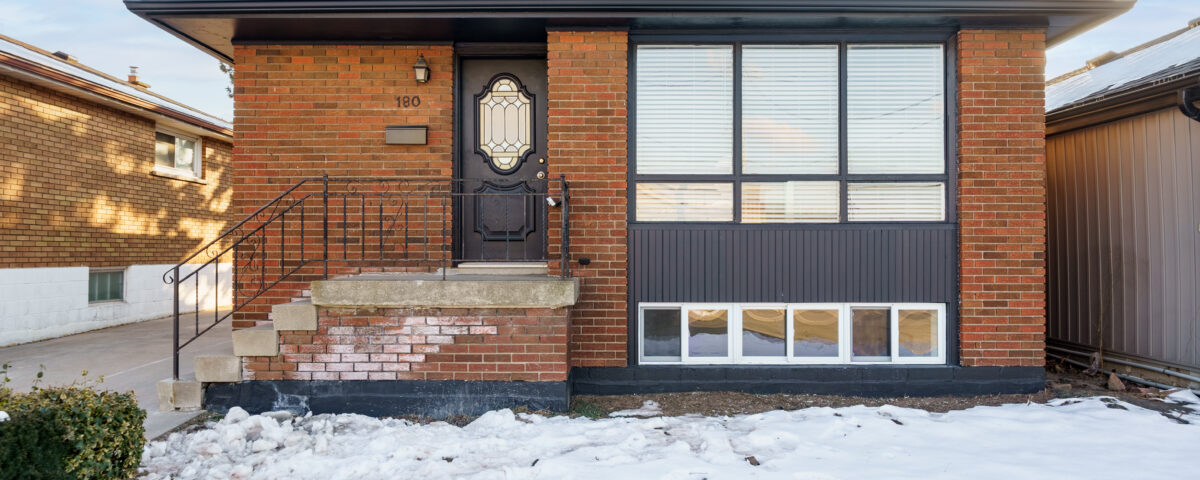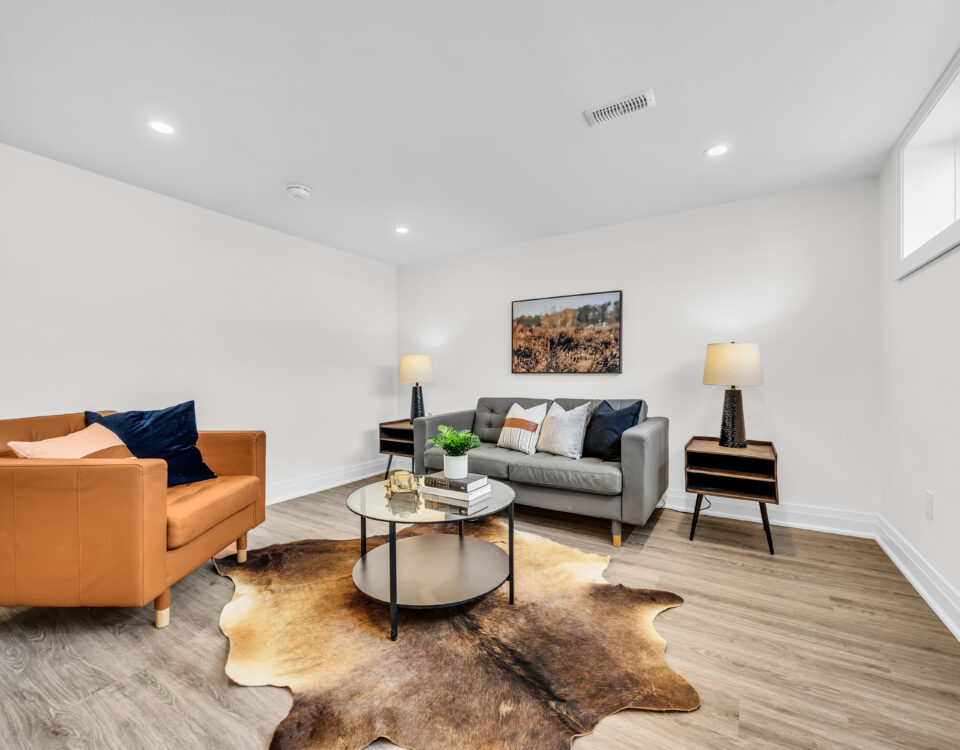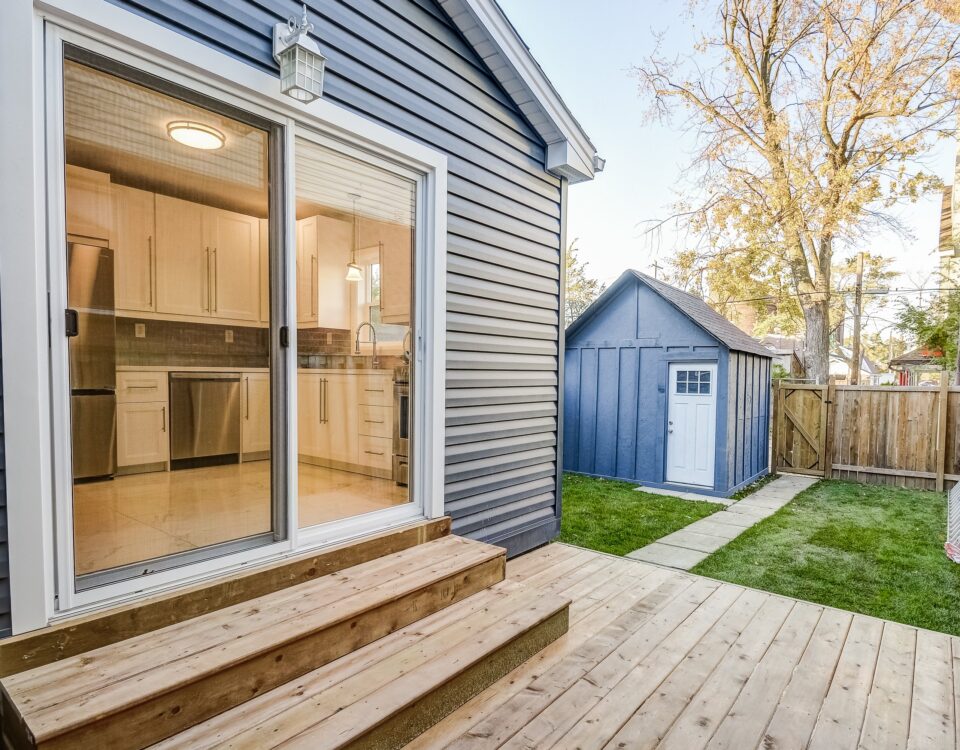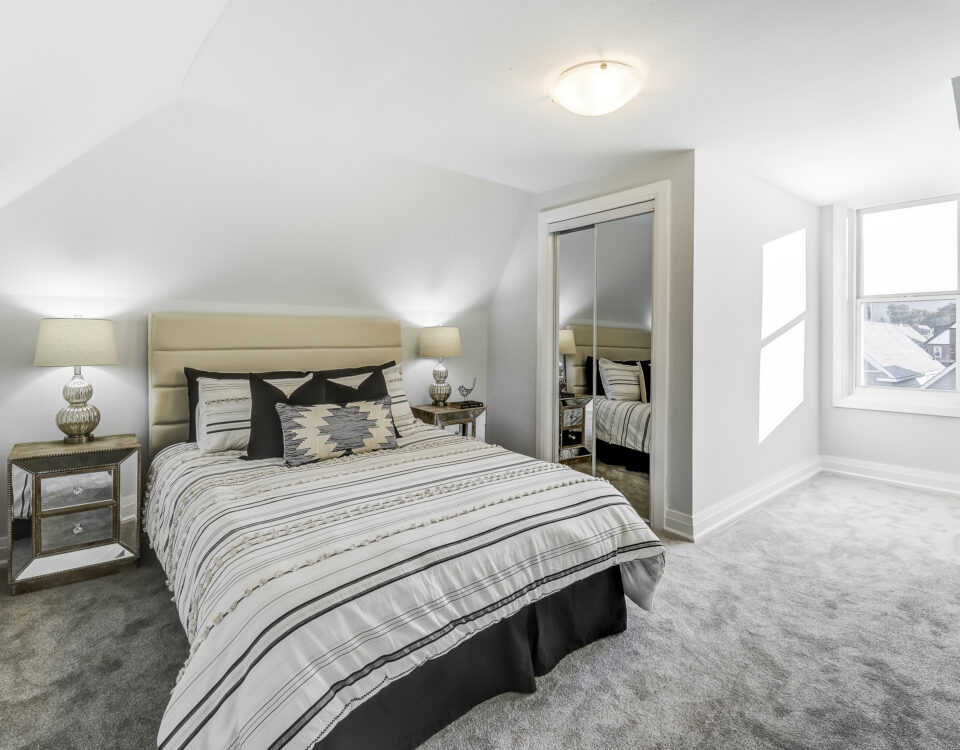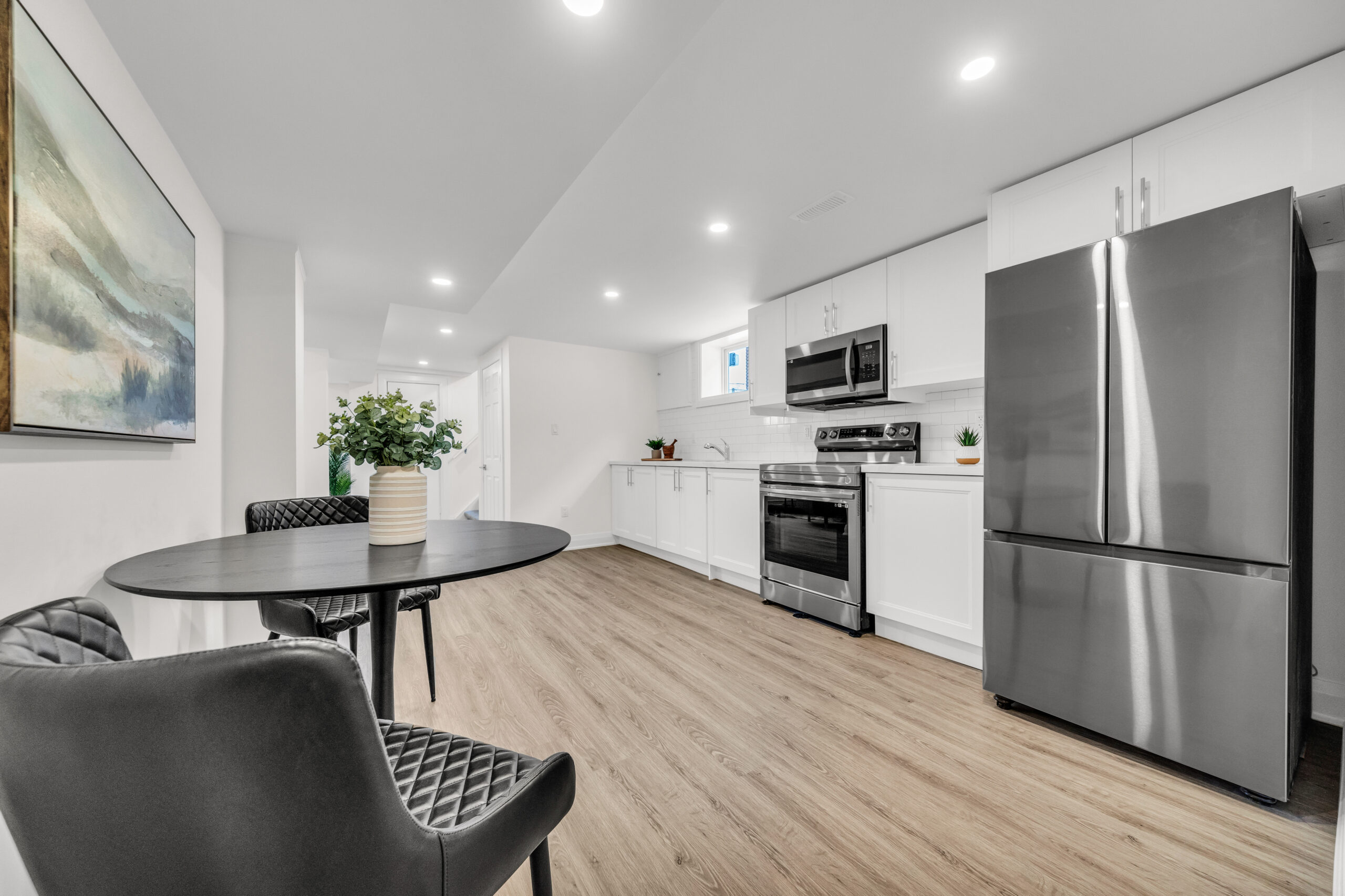
Duplexing Your Home, Everything You Need to Know to Get Started
22 June 2023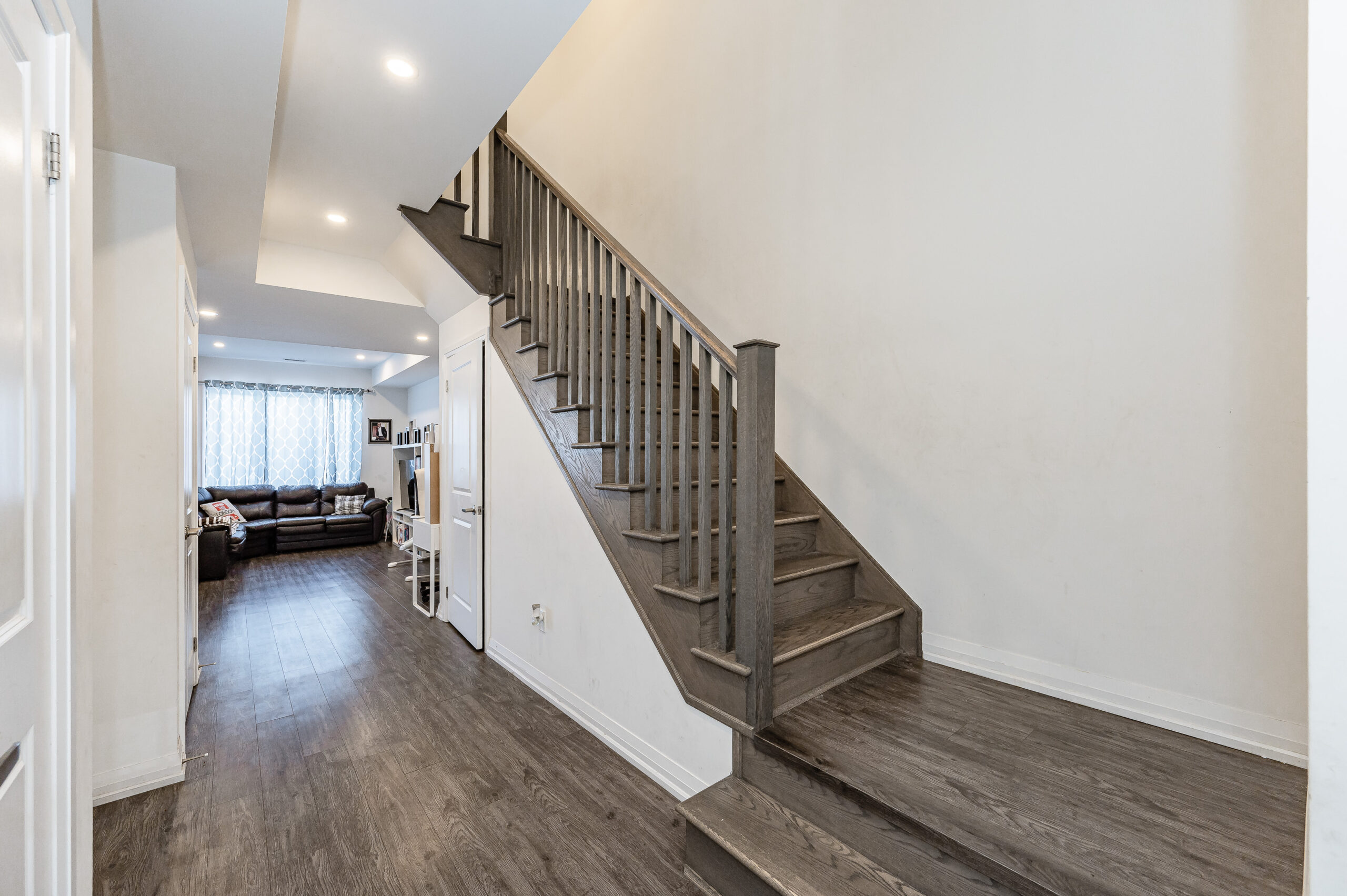
Choosing the Right Flooring for Your Home: Options and Considerations
22 June 2023When it comes to building a home, insulation is often an overlooked aspect. However, proper insulation plays a crucial role in creating a comfortable, energy-efficient, and sustainable living environment. In this blog post, we will explore the importance of insulation in home construction and highlight its benefits. From reducing energy consumption to improving indoor air quality, insulation is an essential component that should not be underestimated.
1. Energy Efficiency
One of the primary reasons for investing in proper insulation is to enhance the energy efficiency of your home. Insulation acts as a barrier, preventing the transfer of heat between the interior and exterior of the house. By minimizing heat loss during the winter and heat gain during the summer, insulation helps maintain a consistent temperature inside the home. This reduces the need for excessive heating or cooling, resulting in lower energy bills and decreased carbon footprint.
2. Comfort and Temperature Regulation
Insulation plays a vital role in creating a comfortable indoor environment by regulating temperatures throughout the year. It helps keep the interior cool in hot weather and warm during colder months. Proper insulation eliminates drafts and cold spots, providing consistent temperatures across rooms. This ensures a cozy living space and enhances the overall comfort and well-being of occupants.
3. Soundproofing and Acoustic Control
Insulation also contributes to soundproofing and acoustic control within the home. It absorbs sound vibrations, preventing noise from traveling between rooms or from external sources. This is particularly important if you live in a noisy neighborhood or have multiple family members with different schedules. Proper insulation helps create a peaceful and quiet living environment, promoting better sleep and overall quality of life.
4. Moisture Control and Mold Prevention
Insulation acts as a barrier against moisture infiltration, which is crucial for maintaining a healthy indoor environment. By preventing condensation, insulation helps control humidity levels and reduces the risk of mold and mildew growth. Mold can lead to various health issues, such as allergies, respiratory problems, and compromised indoor air quality. Proper insulation safeguards against moisture-related problems, ensuring a safe and comfortable living space.
5. Environmental Sustainability
Proper insulation contributes to environmental sustainability by reducing energy consumption and greenhouse gas emissions. By minimizing the need for excessive heating or cooling, insulation helps conserve natural resources and decreases reliance on fossil fuels. Additionally, insulation materials with high recycled content or those made from renewable resources promote eco-friendly practices. By prioritizing insulation, you contribute to a greener future and lower environmental impact.
6. Increased Property Value
Investing in proper insulation can significantly increase the value of your property. Homebuyers are increasingly aware of energy efficiency and sustainability when making purchasing decisions. A well-insulated home not only saves on energy costs but also appeals to environmentally conscious buyers. Proper insulation demonstrates that the property has been constructed with quality materials and thoughtful consideration for long-term efficiency, making it more desirable in the real estate market.
7. Building Code Compliance
Proper insulation is a crucial component in meeting building codes and regulations. Local building codes often specify the minimum insulation requirements for different climate zones. Complying with these codes ensures that your home meets the necessary standards for safety, energy efficiency, and durability. Failure to meet insulation requirements may result in penalties or difficulties in obtaining permits. It is essential to work with experienced builders or contractors who are knowledgeable about local building codes.
8. Long-Term Cost Savings
Although the initial cost of insulation installation may seem like an investment, it provides long-term cost savings. By reducing energy consumption, insulation lowers heating and cooling
expenses. The money saved on energy bills can offset the initial investment in insulation over time. Additionally, proper insulation reduces wear and tear on HVAC systems, resulting in lower maintenance and replacement costs.
9. Choosing the Right Insulation
When selecting insulation for your home, consider factors such as R-value (thermal resistance), environmental impact, moisture resistance, fire safety, and installation requirements. Common insulation materials include fiberglass, cellulose, spray foam, and rigid foam boards. Each type has its advantages and considerations. Consulting with professionals or experts in the field can help you determine the most suitable insulation type for your specific needs.
10. Professional Installation and Maintenance
To ensure the effectiveness of insulation, it is crucial to hire professionals for installation. Proper installation techniques are essential to maximize insulation performance and avoid any gaps or air leaks. Regular maintenance, such as inspecting insulation for damage or settling, is also important to preserve its efficiency. By entrusting the installation and maintenance to experienced professionals, you can enjoy the long-term benefits of your insulation system.
Proper insulation is a vital component in home construction, offering numerous benefits for homeowners and occupants alike. From energy efficiency and temperature regulation to soundproofing and moisture control, insulation plays a critical role in creating a comfortable, healthy, and sustainable living environment. By prioritizing insulation during the construction or renovation process, you enhance the long-term value, efficiency, and overall quality of your home. Invest in proper insulation and experience the many advantages it provides, both in terms of comfort and cost savings, while contributing to a greener future.


